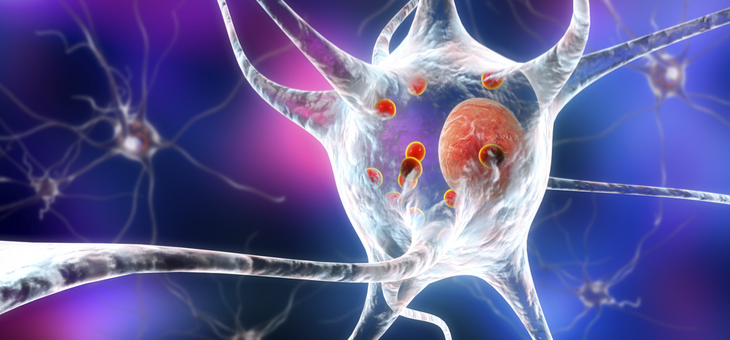Laboratory and animal studies have found that a drug (nilotinib) used to treat leukemia can help alleviate some of the symptoms of Parkinson’s disease.
Now, using early results from a clinical trial in humans, scientists at the Georgetown University Medical Centre in the United States have worked out how the drug reduces toxic proteins in the brain and increases levels of dopamine.
The loss of dopamine in the brain causes many of the symptoms of Parkinson’s disease, including motor dysfunction.
In a recently published report, investigators found that a single low dose of the leukemia drug nilotinib reduced levels of a toxic protein that prevents the brain from using dopamine that is stored in tiny vesicles, or pockets, in brain areas that may control movement.
The researchers say nilotinib appears to rev up the ability of immune cells within the brain to reduce the constant flow of the misshapen alpha-synuclein protein produced by damaged neurons, allowing normal alpha-synuclein to facilitate the release of stored dopamine.
“We detect the drug in the brain producing multiple effects, including improving dopamine metabolism,” said study author Dr Charbel Moussa. “This is unprecedented for any drug now used to treat Parkinson’s disease.”
The research team examined cerebral spinal fluid (CSF) and plasma collected from patients participating in the clinical trial to examine Parkinson’s disease biomarkers. The CSF was collected after a single dose of nilotinib or placebo was administered.
“When the drug is used, levels of these breakdown molecules quickly rise. This is what we also found in our preclinical studies and proof of concept clinical trial,” says Dr Moussa.
“This is exciting because this kind of potential treatment for Parkinson’s could increase use of a patient’s own dopamine instead of using or periodically increasing drugs that mimic dopamine.”
They also found 150mg doses of nilotinib treatment led to a significant reduction of alpha-synuclein in the blood, outside of the CSF. Alpha-synuclein is typically very high, and may be toxic, in the blood of Parkinson’s disease patients.
Dr Moussa explains that under normal circumstances, the brain stores as much dopamine neurotransmitter as it can and uses it regularly to transmit messages across neurons.
Research suggests that normal alpha-synuclein helps maintain the vesicles that dopamine is stored in and helps release the neurotransmitter when needed. But in Parkinson’s disease, dopamine-secreting neurons produce alpha-synuclein that is folded up (misfolded), and so cannot mediate dopamine re-cycling and breakdown. Eventually, more and more dopamine-secreting neurons emit the tangled protein and die.
How long do you think it will be before scientists discover a cure for Parkinson’s disease?
Related articles:
Explaining vulvas and vaginas
How much TV is too much?
Private health cover in spotlight

